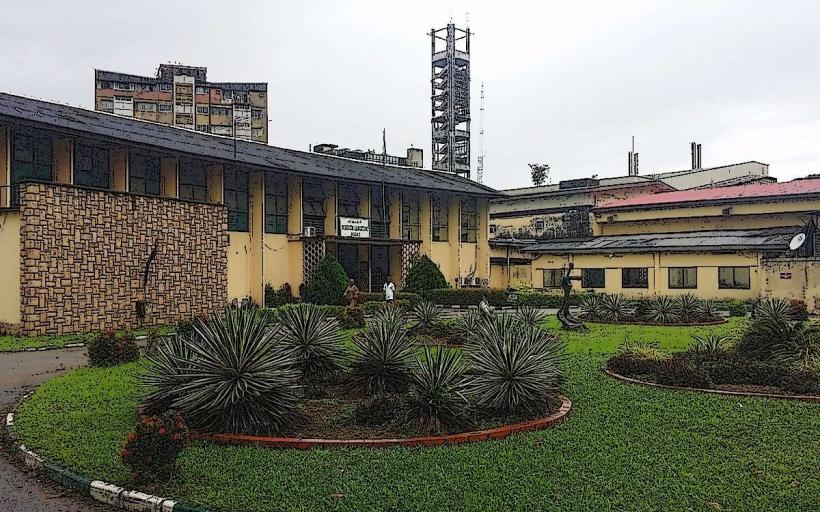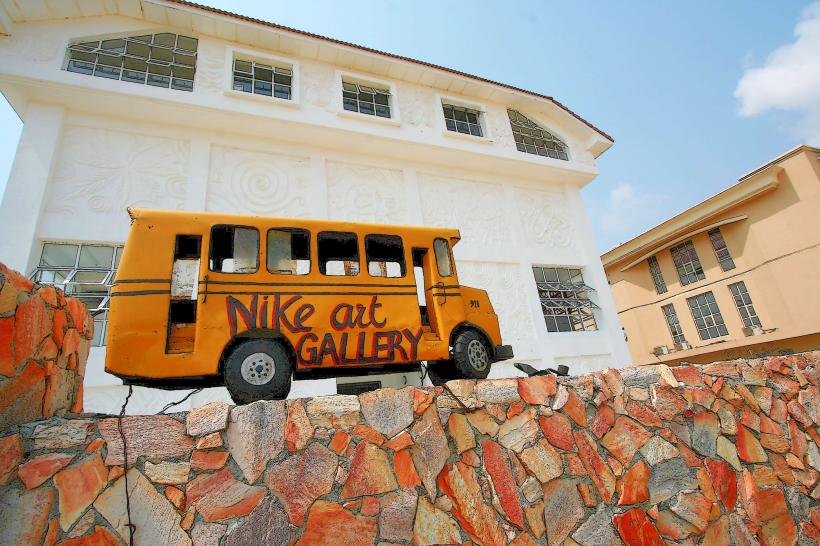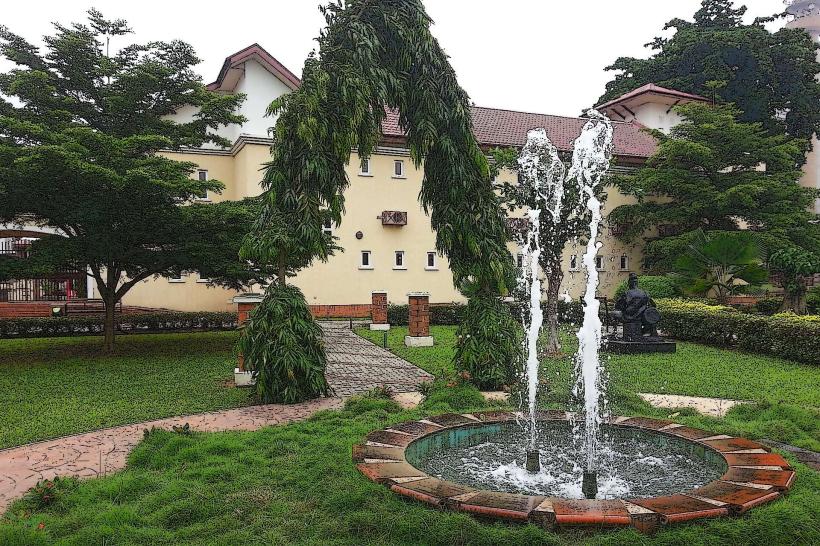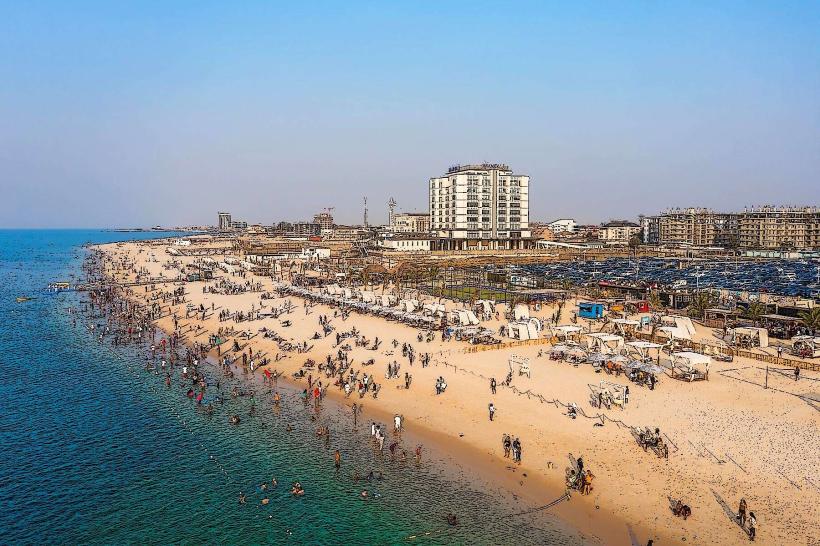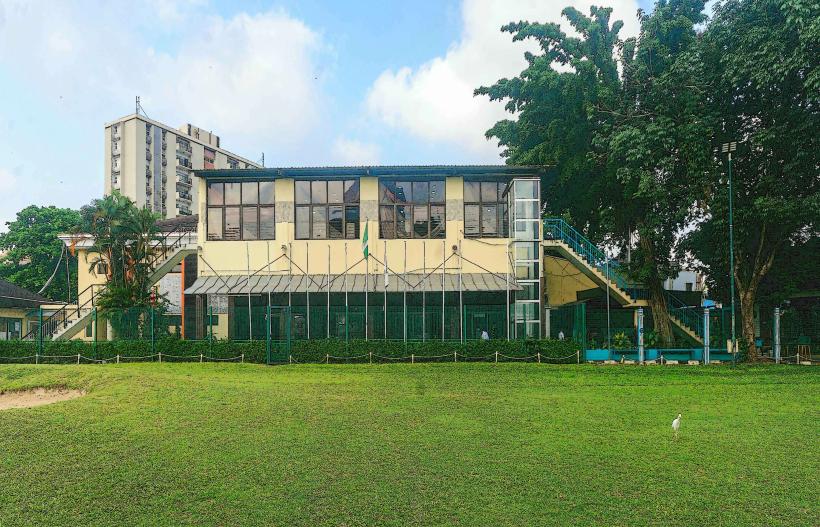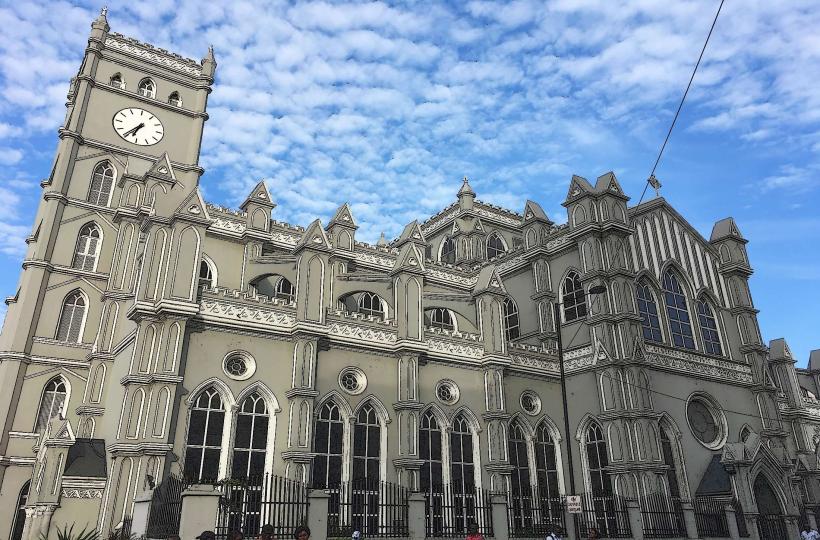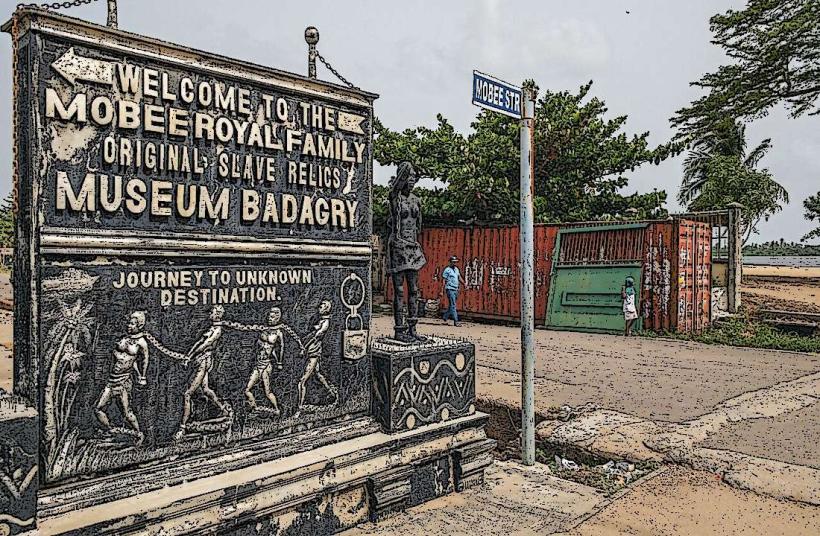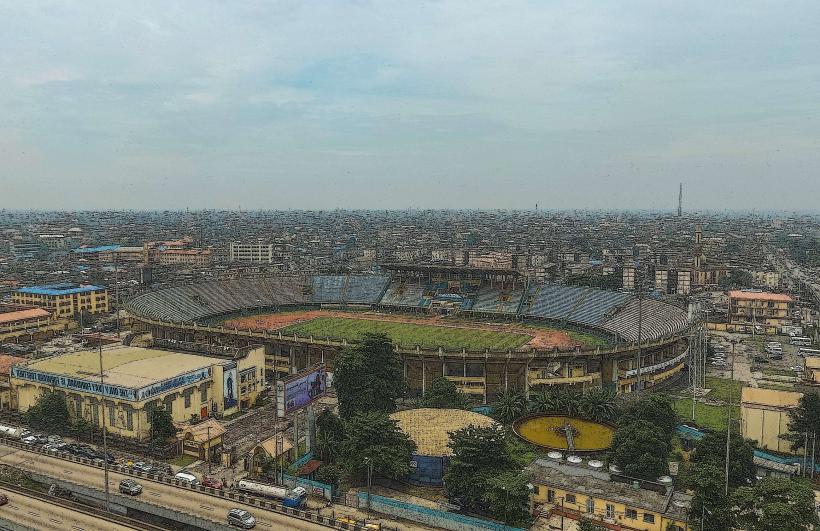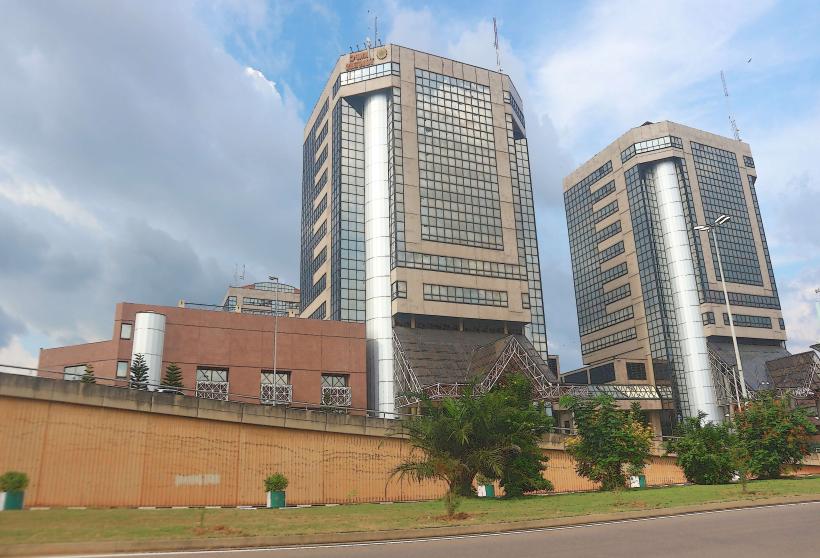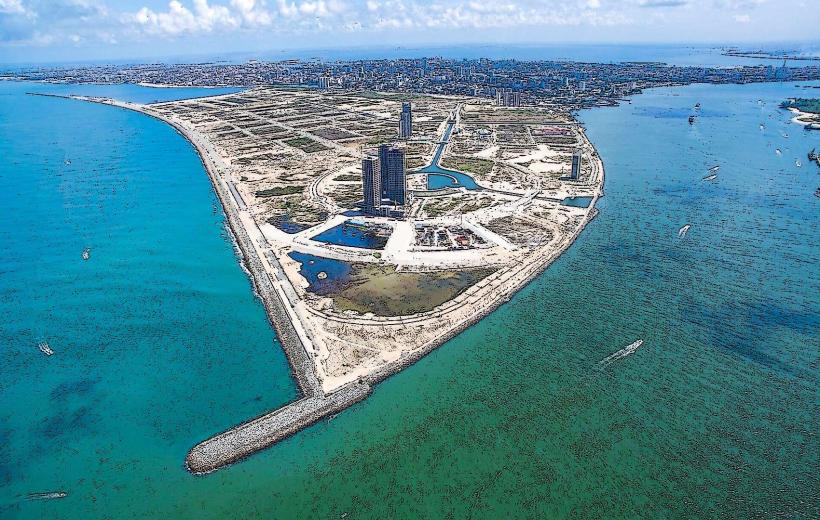Information
Landmark: Tinubu SquareCity: Lagos
Country: Nigeria
Continent: Africa
Tinubu Square, Lagos, Nigeria, Africa
Tinubu Square is a historically significant public square located in the heart of Lagos-island_lagos" class="underline">Lagos Island, Nigeria. It is named after Madam Efunroye Tinubu, a prominent and influential 19th-century Yoruba aristocrat and merchant who played a key role in the political and economic landscape of Lagos during the colonial era. The square stands as a tribute to her legacy and is an important landmark in Lagos.
Historical Background
Madam Efunroye Tinubu: Madam Tinubu was an influential figure who had a strong impact on the political and economic dynamics of Lagos in the 19th century. Born in the early 1800s, she became a leading merchant and a powerful political figure. She was known for her wealth and influence in the Yoruba kingdom, and she also played a role in the resistance against British colonial rule.
Independence Square: The area was originally called Independence Square during the colonial period, serving as a major focal point in the city. After Nigeria gained independence in 1960, the square was renamed Tinubu Square in honor of Madam Tinubu, recognizing her contributions to the city and to Nigerian history.
Features of Tinubu Square
Bronze Statue of Madam Tinubu: At the heart of the square stands a striking bronze statue of Madam Efunroye Tinubu. The statue is a central feature and a symbolic representation of her importance to the history and development of Lagos. It is a tribute to her resilience, leadership, and contributions to the city's growth.
Fountain and Gardens: The square is beautifully landscaped with a fountain and well-maintained gardens. These features add to the serene atmosphere of the area, providing a peaceful escape in the midst of the bustling city of Lagos. The fountains are often lit up at night, creating an inviting and calm environment.
Architectural Significance: Tinubu Square is surrounded by notable buildings, including colonial-era structures and modern developments. It has a mix of old and new architectural styles that reflect the historical and modern growth of Lagos.
Cultural and Social Importance
Cultural Hub: Tinubu Square has historically been a place of gathering for important cultural, political, and social events in Lagos. It is frequently used for public gatherings, protests, and celebrations. The square is a symbol of political and cultural identity for the people of Lagos and Nigeria.
Political Significance: Given its location in the heart of Lagos, Tinubu Square has been an important site for political activities. Over the years, the square has hosted numerous events related to Nigeria’s independence movement, as well as post-independence political movements.
Location
Tinubu Square is located on Broad Street in Lagos Island, right in the central business district of Lagos. Its central location makes it a prominent landmark easily accessible to both locals and tourists. The area around the square is busy with commercial activities and is home to several businesses, markets, and public offices.
Conclusion
Tinubu Square is more than just a public square; it is a historical and cultural symbol of Lagos and Nigeria. It commemorates the life and legacy of one of the country's most significant female figures, Madam Efunroye Tinubu. The square’s central location, its historical monuments, and its cultural relevance make it one of the most important landmarks in Lagos. Whether you're interested in history, culture, or architecture, Tinubu Square provides a unique glimpse into the past while being at the heart of modern-day Lagos.

